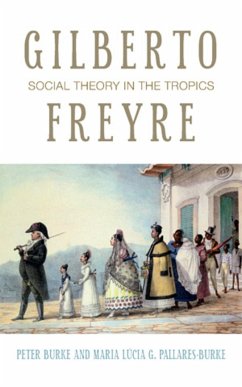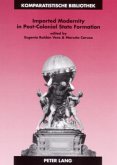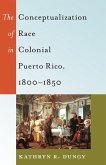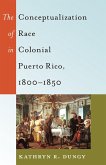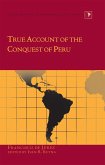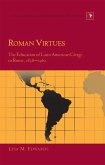A major new study of the prominent Brazilian thinker Gilberto Freyere, a hugely important figure in the field of sociological theory and socio-cultural history. The authors consider Freyere's most important works whilst emphasising his continuing relevance to present problems, such as the environment, cultural hybridity, racial discrimination and nationalism.
Gilberto Freyre was arguably the most famous intellectual of twentieth-century Latin America. He was active as a sociologist, a historian, a journalist, a deputy in the Brazilian Assembly, a novelist, poet and artist. He was a cultural critic, with a good deal to say about architecture, past and present, and a public intellectual, whose pronouncements on race, region and empire - not to mention sex - made him famous in some quarters and notorious in others.
The Masters and the Slaves, his most famous work, went through forty editions and has been translated into nine languages, made into a comic book and a television miniseries, while two directors (one of them Robert Rossellini) planned to turn it into a film. Yet he is not well known outside Brazil. Freyre was a major social thinker, one of the few who have not come from Western Europe or the USA, and this book argues that we should take account of the pioneering work of this gifted intellectual. His ideas are of particular relevance today for both political and academic reasons. His interest in gender, ethnicity, hybridity, identity, globalization, and capitalism ensures that his ideas are still provocative and topical, and ready to be introduced to a wider audience.
Gilberto Freyre was arguably the most famous intellectual of twentieth-century Latin America. He was active as a sociologist, a historian, a journalist, a deputy in the Brazilian Assembly, a novelist, poet and artist. He was a cultural critic, with a good deal to say about architecture, past and present, and a public intellectual, whose pronouncements on race, region and empire - not to mention sex - made him famous in some quarters and notorious in others.
The Masters and the Slaves, his most famous work, went through forty editions and has been translated into nine languages, made into a comic book and a television miniseries, while two directors (one of them Robert Rossellini) planned to turn it into a film. Yet he is not well known outside Brazil. Freyre was a major social thinker, one of the few who have not come from Western Europe or the USA, and this book argues that we should take account of the pioneering work of this gifted intellectual. His ideas are of particular relevance today for both political and academic reasons. His interest in gender, ethnicity, hybridity, identity, globalization, and capitalism ensures that his ideas are still provocative and topical, and ready to be introduced to a wider audience.

